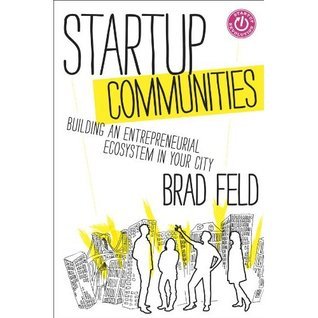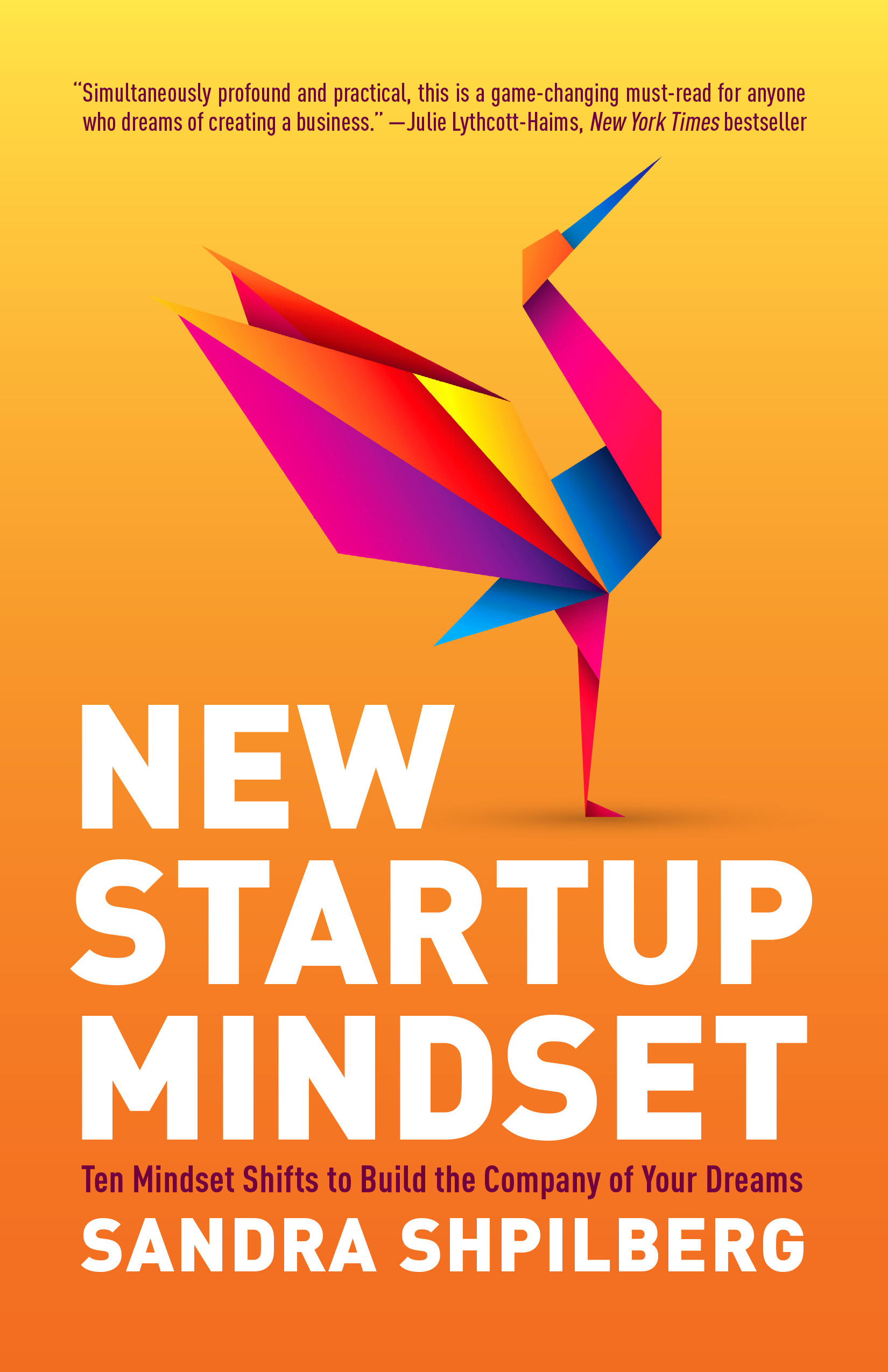
Startup Communities: Building an Entrepreneurial Ecosystem in Your City
Book Description
What if the fate of your city rested on the spark of innovation and collaboration? In "Startup Communities," Brad Feld unveils the blueprint for transforming urban landscapes into thriving hubs of entrepreneurship. Through vivid stories and real-world examples, he dives deep into the heart of successful ecosystems, showcasing how passionate individuals can ignite change and collaboration. Every city has untapped potential waiting to be unleashed amid economic challenges. Can determination and a shared vision forge a powerful movement that reshapes the future? Discover the exhilarating journey toward building a vibrant community where dreams become realities. Are you ready to join the revolution?
Quick Book Summary
"Startup Communities" by Brad Feld explores how cities can cultivate dynamic entrepreneurial ecosystems by empowering entrepreneurs to lead, fostering inclusive collaboration, and committing to a long-term vision. Feld draws from his experience in Boulder, Colorado, and other successful communities to outline the key principles and actions necessary for sustainable innovation. Through real-life stories and actionable frameworks, he illustrates that creating a thriving startup hub isn't about imitating Silicon Valley but nurturing local strengths and relationships. Feld presents practical advice for entrepreneurs, policymakers, investors, and other stakeholders who aspire to ignite innovation and economic growth. His actionable blueprint emphasizes collaboration, inclusivity, and patience as essential ingredients for any city hoping to transform its startup culture.
Summary of Key Ideas
Table of Contents
Entrepreneurs as Ecosystem Leaders
Startup communities flourish when entrepreneurs take the lead rather than traditional power players like governments or established corporations. Feld emphasizes that entrepreneurs must sit at the center, driving the vision, energy, and priorities for the community. Their willingness to innovate, embrace risk, and commit to their city's unique strengths are essential in making progress. This focus helps ensure that new ventures and opportunities consistently emerge, keeping the ecosystem vibrant and responsive to change.
The Importance of Inclusive Collaboration
Collaboration is the bedrock of a thriving startup ecosystem. Feld insists on an open, inclusive approach, inviting a diverse mix of participants—investors, academics, government officials, service providers, and mentors. However, everyone should respect entrepreneur leadership and contribute to a culture where collaboration is natural and barriers are minimized. Building inclusive networks, sharing resources, and maintaining transparency foster trust, attract talent, and generate momentum indispensable to the creative process.
Long-Term Commitment and Patience
A key thesis of the book is the necessity of a long-term outlook. Startup communities take at least two decades to mature, requiring patience from all stakeholders. Feld warns against shortcuts or quick-fix solutions; instead, he advocates for a persistent, community-wide commitment. This time horizon allows participants to learn from failures, iterate on ideas, and accumulate compound growth. Change is gradual, but future payoffs are immense for cities that persevere.
Fostering Relationships Over Institutions
Strong personal relationships, rather than rigid institutions, form the backbone of successful entrepreneurial ecosystems. Feld recommends prioritizing network-building activities such as events, mentorship, and peer support. These personal connections nurture trust and the exchange of knowledge across disciplines and industries. By investing in authentic relationships, communities are better equipped to respond to challenges and opportunities as they arise. Institutions should play a supportive role, removing obstacles rather than dictating direction.
Embracing Failure and Continuous Learning
Accepting failure and learning continuously are hallmark attitudes in effective startup environments. Feld encourages a culture where experimentation is not only accepted but celebrated, and setbacks are treated as opportunities for growth. Convening regular events and sharing stories of both success and failure reinforces this mindset. Over time, these experiences solidify community bonds and attract newcomers, fueling a positive, self-reinforcing cycle of entrepreneurship. By fostering these attitudes, cities can unlock the innovation needed for long-term prosperity.
Download This Summary
Get a free PDF of this summary instantly — no email required.





